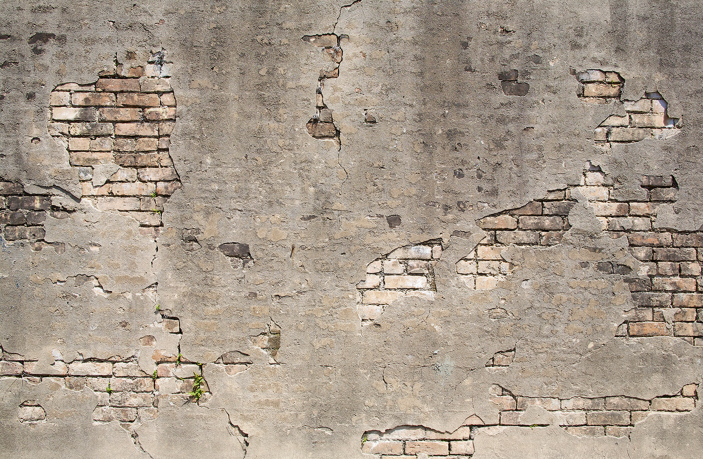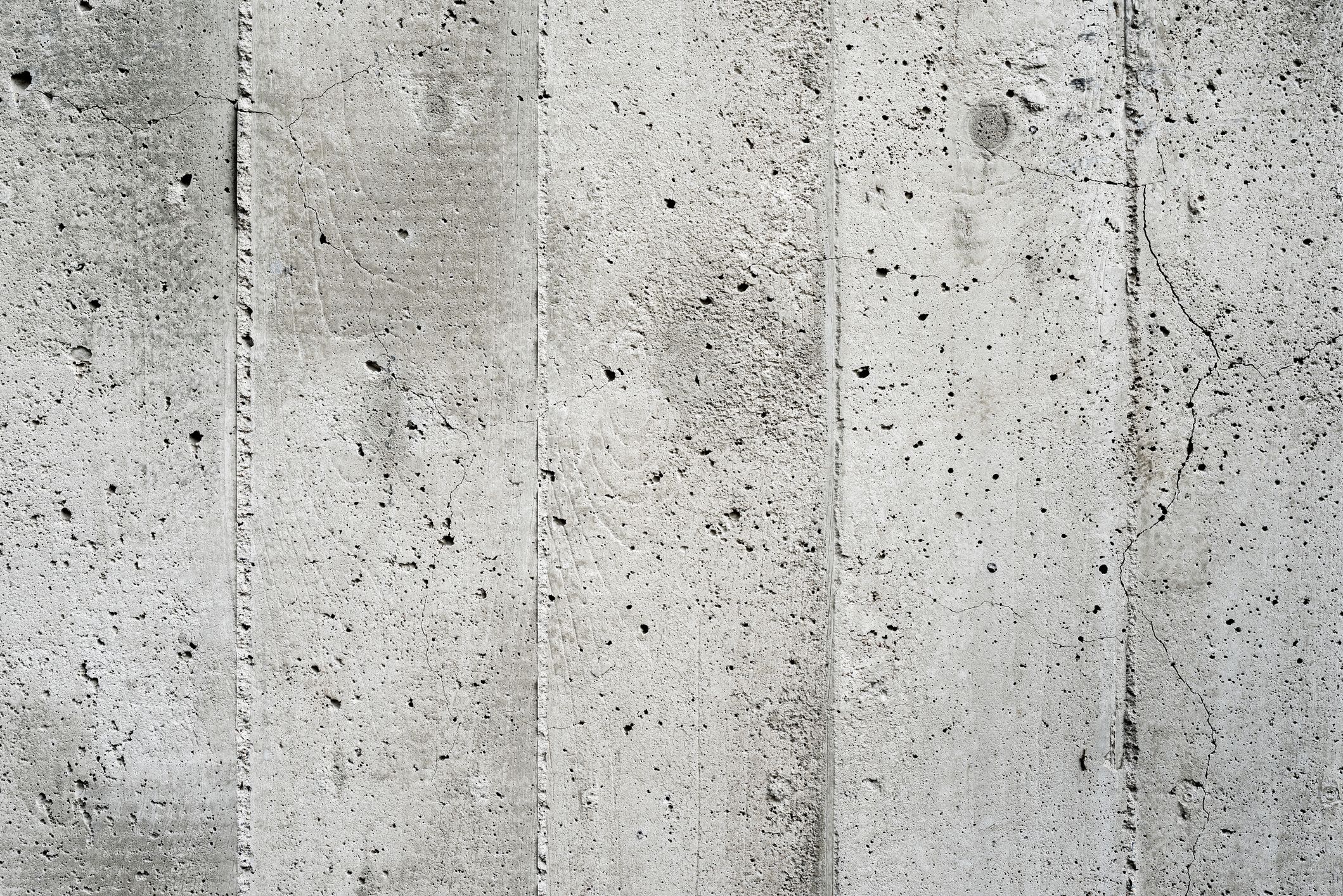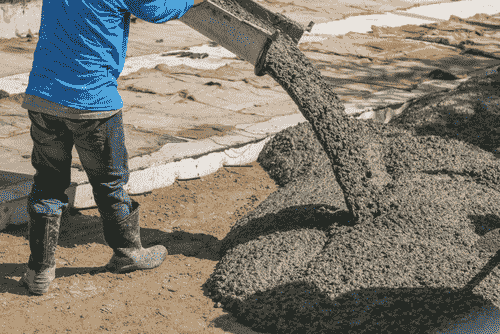Budget Friendly Concrete Solutions: Quality Craftsmanship at Competitive Rates
Budget Friendly Concrete Solutions: Quality Craftsmanship at Competitive Rates
Blog Article
Unveiling the Eco-Friendly Advantages of Utilizing Recycled Concrete in Lasting Construction Practices
In the world of sustainable building and construction techniques, the application of recycled concrete stands as a pivotal yet commonly underestimated source. Beyond its standard applications, recycled concrete deals a myriad of green advantages that prolong much past the confines of traditional building and construction products.
Environmental Advantages
By integrating recycled concrete into construction practices, there is a considerable decrease in the requirement for new raw materials, leading to conservation of all-natural resources. In addition, the use of recycled concrete lessens the quantity of waste being sent to garbage dumps, thus lowering ecological air pollution and reducing the pressure on land fill abilities (Concrete).

Moreover, the production of standard concrete is a considerable source of carbon discharges as a result of the energy-intensive process of concrete manufacturing. On the other hand, recycled concrete has a lower carbon footprint as it reduces the demand for new concrete manufacturing. This reduction in carbon discharges adds to mitigating climate adjustment and supports sustainable building and construction practices. Overall, the environmental benefits of using recycled concrete are significant and play a crucial function in promoting eco-friendly construction techniques.
Cost-Efficiency
Achieving cost-efficiency is a vital factor to consider when evaluating the usage of recycled concrete in building and construction projects. One of the vital advantages of making use of recycled concrete is its cost-effectiveness compared to standard concrete.
In addition, the usage of recycled concrete can result in cost savings in garbage dump expenses by diverting concrete waste from disposal sites. This not only decreases the ecological influence yet additionally removes the prices connected with waste elimination. In addition, the resilience and efficiency of recycled concrete approach conventional concrete, guaranteeing that expense savings do not compromise the quality of the building and construction.
Durability and Strength
Recycled concrete deals similar, if not exceptional, durability and strength properties to standard concrete - Concrete. With advancements in processing methods and high quality control, recycled concrete can meet or go beyond the efficiency criteria of standard concrete.

Waste Decrease
When it comes to using recycled concrete, waste decrease is a key advantage that contributes dramatically to ecological conservation. By including recycled concrete right into building and construction tasks, this waste is repurposed and diverted from land fills, reducing the overall environmental effect of construction activities.
Recycled concrete not just assists in reducing the quantity of waste that winds up in landfills yet additionally preserves natural deposits by decreasing the demand for new aggregate products. This procedure of waste decrease advertises a circular economy within the construction industry, where materials are recycled and reused to produce a much more sustainable industry. Additionally, the usage of recycled concrete can lead to set you back savings for construction jobs, as it is usually more budget friendly than sourcing and transporting new products. Finally, waste decrease with the utilization of recycled concrete is an essential part of lasting building and construction practices that benefits both the building and construction and the environment market overall.
Power Conservation
Power conservation is an essential element of sustainable building and construction practices, intending to decrease the overall power intake connected with structure procedures and products production. When it involves using recycled concrete in building, substantial power savings are achieved compared to typical concrete production. The procedure of generating recycled concrete entails recycling and squashing existing concrete materials, which eats less energy than mining, processing, and transferring resources for new concrete manufacturing. Furthermore, using recycled concrete can aid lower the demand for virgin accumulation, further lowering the energy-intensive removal and handling of natural deposits.
Conclusion
Finally, the utilization of recycled concrete in sustainable construction practices offers numerous environmental advantages, cost-efficiency, resilience, toughness, waste decrease, and power preservation. By incorporating recycled concrete right into construction jobs, we can add to an extra lasting and eco friendly future. It is essential for the building and construction market browse around this site to prioritize using recycled products to help in reducing the ecological influence of construction tasks.
One of the key advantages of making use of recycled concrete is its cost-effectiveness compared to traditional concrete.Moreover, the usage of recycled concrete can lead to cost this link savings in landfill expenses by drawing away concrete waste from disposal sites. The durability and efficiency of recycled concrete are equivalent to conventional concrete, guaranteeing that cost savings do not compromise the quality of the building and construction.

Report this page